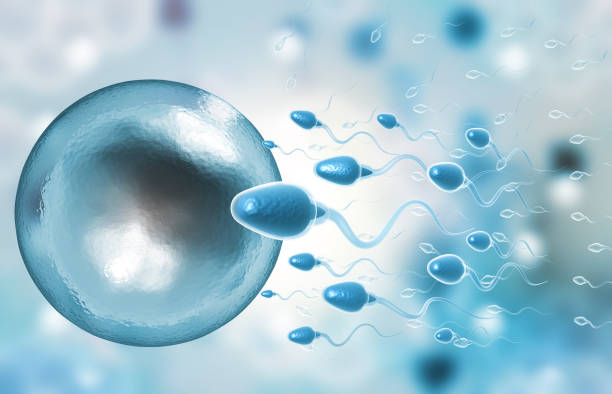In vitro fertilization (IVF) stands at the forefront of assisted reproductive technologies, offering a beacon of hope to individuals and couples striving to overcome fertility challenges. This article delves into the intricacies of IVF, exploring the scientific process, motivations driving its pursuit, and the ethical considerations that accompany this transformative journey to parenthood.
The Science Behind In Vitro Fertilization (IVF):
In vitro fertilization involves uniting an egg and sperm outside the human body in a laboratory setting. This process begins with ovarian stimulation, where fertility medications are administered to stimulate the ovaries, encouraging the production of multiple eggs. Once mature, these eggs are carefully retrieved through a minor surgical procedure. In the laboratory, the retrieved eggs are then fertilized with sperm, and the resulting embryos are nurtured for a few days. The healthiest embryos are selected and transferred into the uterus, with the ultimate goal of achieving a successful pregnancy.
The IVF Journey:
- Ovarian Stimulation:
Fertility medications are administered to stimulate the ovaries, promoting the development of multiple eggs. - Egg Retrieval:
Mature eggs are gently retrieved through a minor surgical procedure under ultrasound guidance. - Fertilization in the Laboratory:
In the controlled environment of the laboratory, eggs are fertilized with sperm, and the resulting embryos are observed and cultured. - Embryo Selection:
The embryologist selects the healthiest embryos for transfer based on their developmental potential. - Embryo Transfer:
Selected embryos are transferred into the uterus, typically 3 to 5 days after fertilization, with the aim of achieving a successful pregnancy.
Motivations Behind Pursuing IVF:
- Female Infertility:
IVF is often recommended for women with issues such as blocked fallopian tubes, endometriosis, or ovulatory disorders. - Male Factor Infertility:
Couples facing male factor infertility, such as low sperm count or motility, may opt for IVF with intracytoplasmic sperm injection (ICSI), a technique where a single sperm is directly injected into an egg. - Unexplained Infertility:
In cases where the cause of infertility is unclear, IVF serves as a comprehensive approach to conception, overcoming potential barriers.
Ethical Considerations:
- Selective Reduction and Multiple Pregnancies:
The possibility of multiple pregnancies in IVF raises ethical considerations. Healthcare professionals often limit the number of embryos transferred to mitigate the risk, leading to discussions about selective reduction if multiple embryos implant. - Disposition of Unused Embryos:
Deciding what to do with unused embryos prompts ethical considerations, including options like donation to other couples, research, or responsible disposal. - Informed Consent:
Informed consent is a crucial aspect of IVF, ensuring individuals fully understand the procedure, potential risks, success rates, and potential ethical dilemmas before embarking on the journey.
Conclusion:
In vitro fertilization represents a remarkable fusion of science, hope, and resilience, offering a pathway to parenthood for those facing fertility challenges. As technology continues to advance, and ethical discussions evolve, IVF remains a beacon of possibility, transforming the dreams of building a family into a tangible reality. By understanding the science, motivations, and ethical considerations surrounding IVF, individuals and couples can embark on this transformative journey with informed decision-making and the hope of welcoming a new life into their hearts and homes.


